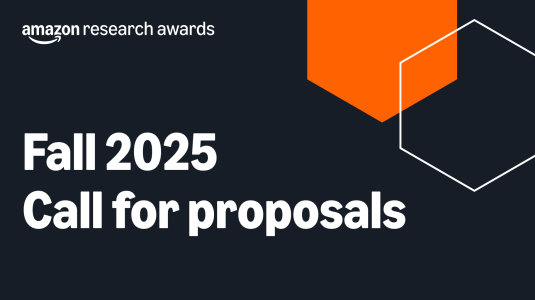Customer-obsessed science


Research areas
-
September 2, 2025Audible's ML algorithms connect users directly to relevant titles, reducing the number of purchase steps for millions of daily users.
-
Featured news
-
2025The increasing complexity and fragmentation of financial systems in large organizations have created significant challenges for financial teams, particularly in performing real-time, end-to-end validation, as existing validation methods relying on static rules or batch processing are often inadequate for today’s dynamic financial environments. This paper introduces a novel approach using Large Language
-
Building and maintaining a rich and high-quality product schema helps customers of an e-commerce service find products based on the characteristics they desire. As the quantity of products sold on the service increases, so does the complexity of maintaining the schema. Expanding it requires finding gaps, designing new product attributes, and ensuring that they do not already exist in the schema. In this
-
Customer service in e-commerce often relies on human agents to handle inquiries related to orders, returns, and product information. While this approach is effective, it can be expensive and difficult to scale during periods of high demand. Recent advances in intelligent chatbots, particularly those based on Retrieval Augmented Generation (RAG) models, have significantly improved customer service efficiency
-
Accurate intent classification is critical for efficient routing in customer service, ensuring customers are connected with the most suitable agents while reducing handling times and operational costs. However, as companies expand their product lines, intent classification faces scalability challenges due to the increasing number of intents and variations in taxonomy across different verticals. In this
-
KDD 2025 Workshop on Structured Knowledge for Large Language Models2025Despite advances in large language model (LLM)-based natural language interfaces for databases, scaling to enterprise-level data catalogs remains an under-explored challenge. Prior works addressing this challenge rely on domain-specific fine-tuning—complicating deployment—and fail to leverage important semantic context contained within database metadata. To address these limitations, we introduce a component-based
Conferences
Collaborations
View allWhether you're a faculty member or student, there are number of ways you can engage with Amazon.
View all













































